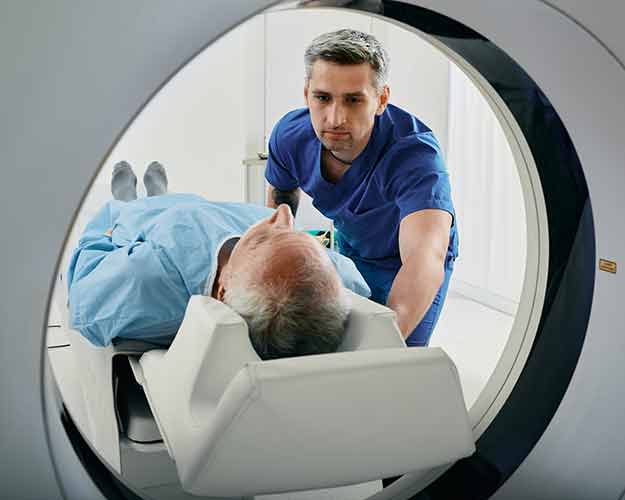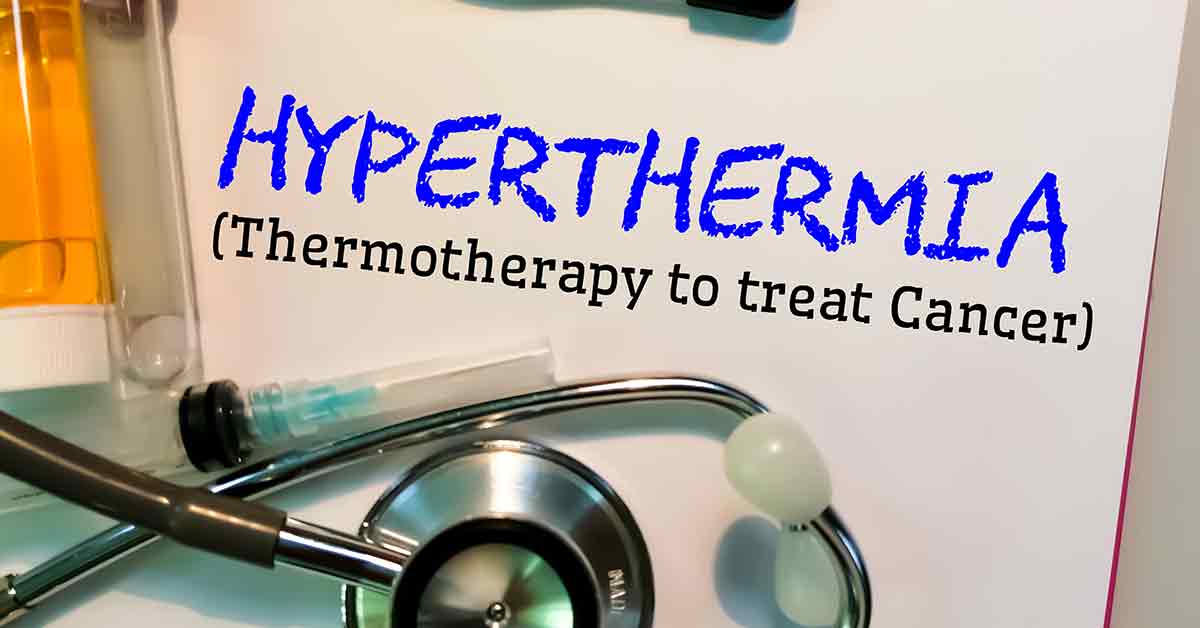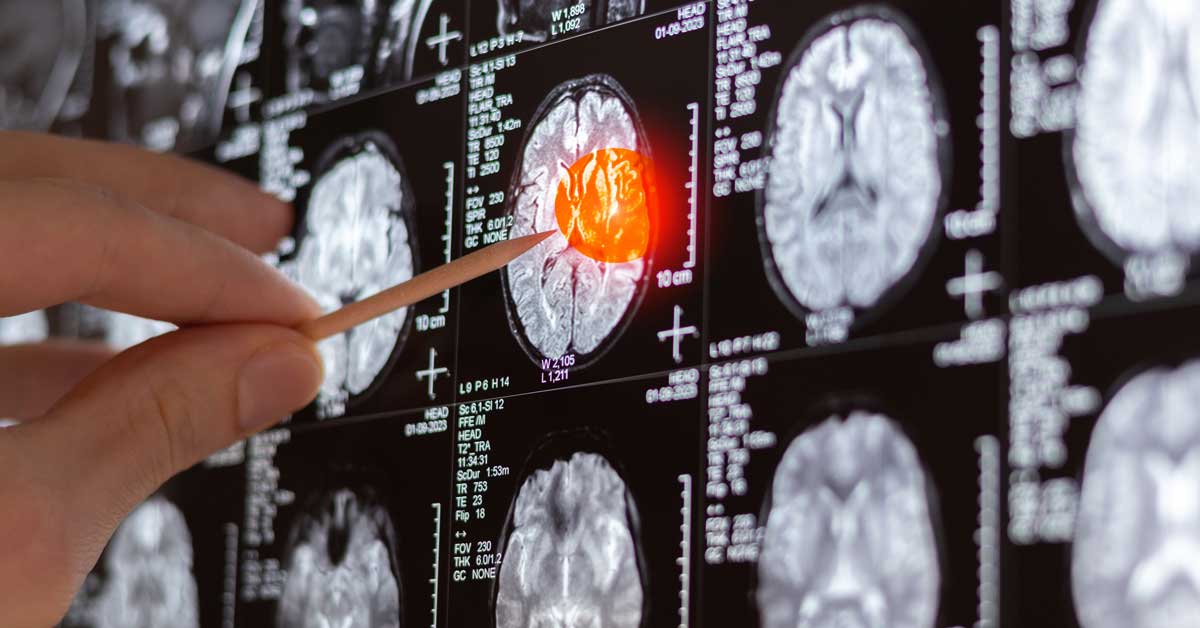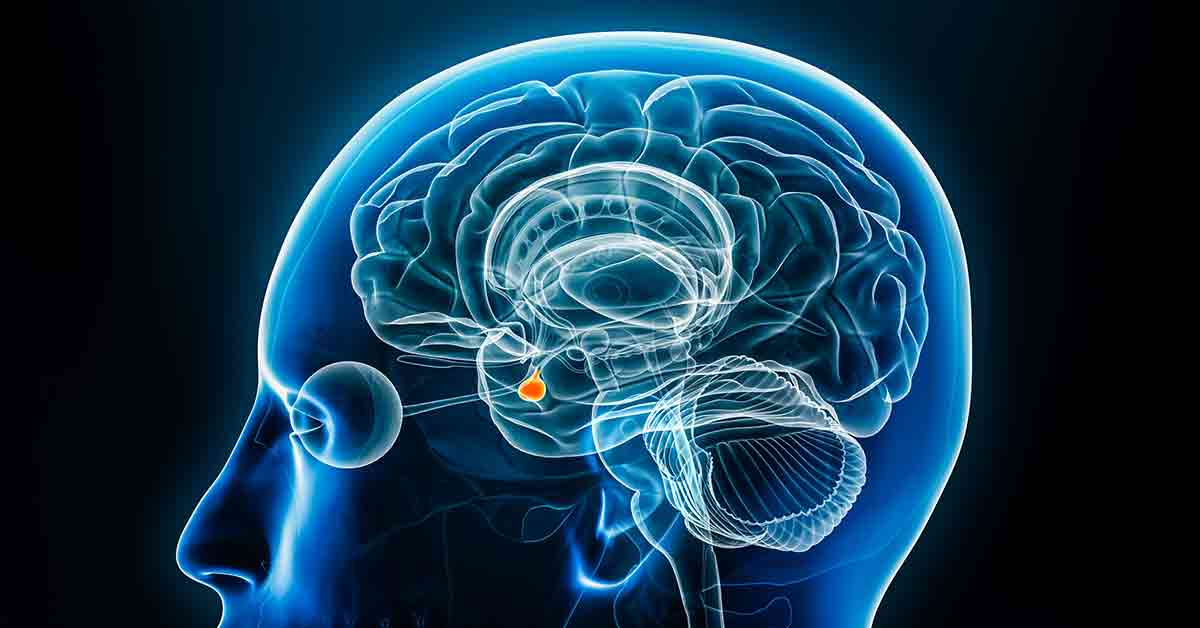Glioblastoma - Summary, Symptoms & Treatments
Contact Us
What is glioblastoma?
Glioblastoma, also known as glioblastoma multiforme (GBM), is an aggressive type of cancer that occurs in the brain or spinal cord. It is classified as a grade IV astrocytoma (tumor), indicating a highly malignant (cancerous) and fast-growing tumor.
Back to Top
How long can you have glioblastoma before symptoms?
Glioblastomas are fast-growing tumors. Symptoms often appear within a few months of the tumor’s development. However, in some cases it may take longer for symptoms to become noticeable. The exact period during which glioblastoma can be present without causing symptoms depends on factors such as the tumor’s growth rate, its location in the brain and individual differences in patients.
Back to Top
Is glioblastoma hereditary?
Glioblastoma is generally not considered hereditary. Most cases occur randomly, without a clear inherited pattern. However, a small percentage of cases may be associated with certain genetic syndromes that increase the risk of developing glioblastoma and other types of cancer
Back to Top
What causes glioblastoma?
The exact causes of glioblastoma are not fully understood, but several factors are believed to contribute to its development. These include:
- Genetics:Changes in certain genes can lead to the uncontrolled growth of brain cells. Mutations in genes such as TP53, PTEN and EGFR are commonly associated with glioblastoma. Certain rare genetic conditions, such as neurofibromatosis type 1, Turcot syndrome, and Li-Fraumeni syndrome, can increase the risk of developing glioblastoma.
- Environmental factors: Exposure to ionizing radiation is a known risk factor. People who have undergone radiation therapy for other conditions, especially at a young age, have an increased risk of developing glioblastoma.
- Age: Glioblastoma is more common in older adults, with the risk increasing with age.
- Gender: Males are slightly more likely than females to develop glioblastoma.
- Family History: A family history of glioblastoma or other cancers can increase the risk, although most cases are sporadic and not linked to inherited genetic syndromes.









